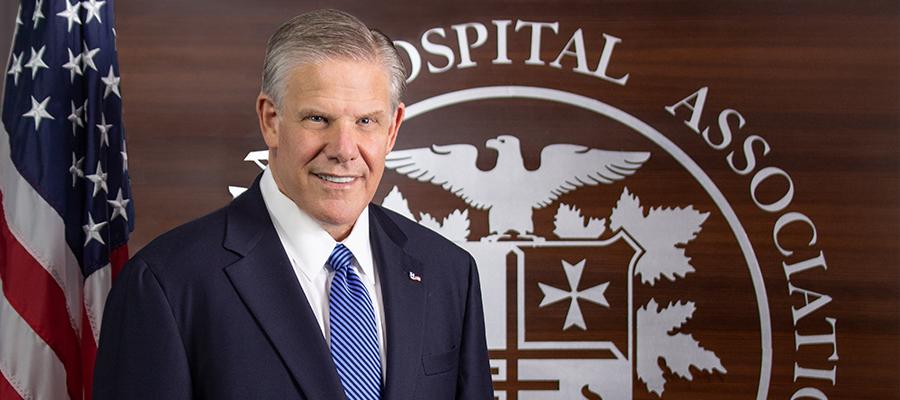Perspective: Confronting Commercial Insurers’ Practices that Threaten Patient Care

Hospitals and health systems put the health and welfare of their patients first. For some of the nation’s largest commercial health insurers, unfortunately, that is not always the case.
An article spotlighted this week in USA Today and other media outlets showed that Anthem, UnitedHealthcare and other major commercial insurers are currently running billions of dollars behind in payments owed to hospitals and doctors. The reasons given range from new reimbursement rules, to computer problems, mishandled claims and the ongoing pandemic.
In a letter we sent last month to Anthem’s CEO, we highlighted a number of concerns about its policies that are compromising patient care and safety. These include frequent changes to enrollees’ coverage, delays in patient care resulting from excessive prior authorization requirements and, as noted above, growing failure to pay claims in a timely manner.
We strongly urged Anthem to reverse its harmful policies that are contributing to greater hurdles to accessing care; clinician burnout on unnecessary administrative tasks; and depleting a system already straining to finance the personnel and supplies needed to battle COVID-19.
The AHA is continuing our efforts to tell the hospital story and bring public attention and accountability to commercial health insurers’ policies that threaten patient care.
For example, in June, after concerns raised by the AHA and other health groups, UnitedHealthcare delayed a policy that would have retroactively denied coverage for emergency department claims the insurer deemed non-emergent.
We’ve also challenged anti-competitive actions from insurers, such as United’s proposed acquisition of Change Healthcare, and shed light on how specialty pharmacy policies jeopardize patients’ quality of care.
The bottom line: Too many commercial insurers — covering tens of millions of people — continue to implement policies that threaten patients’ health and well-being. You can be sure we will never back down from standing up for patients’ health and the hospitals and health systems that care for them.

